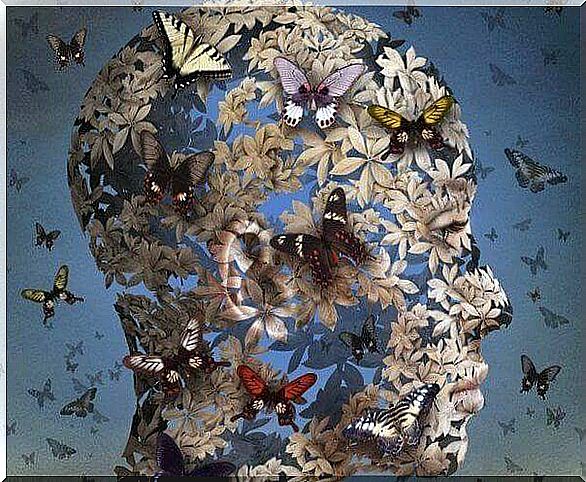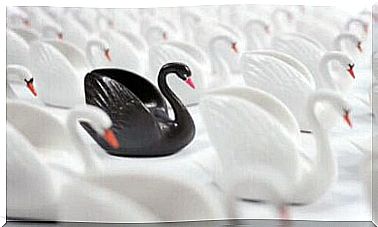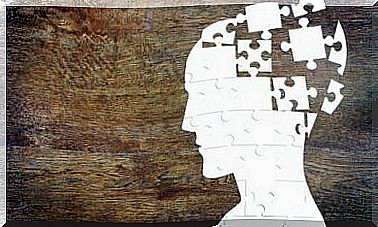The Wonderful Emotional Brain Of Resilient People

Resilient people know that no one is immune to suffering.
They understand that when these moments of darkness and despair arise, they have two options: to let themselves down or to outdo themselves, to struggle with all their might, because life is wonderful if we are not afraid of it.
Be aware that the term “resilience” actually comes from the field of physics. It refers to the quality of certain materials in resisting pressure and flexing flexibly to return to their original shape.
However, in psychology, resilience presents another more interesting existential dynamic: that of making us grow.

Resilient people: a brain that learns to cope with stress
The concept of resilience was first discussed in the 1940s in the field of child psychology. It was then a question of understanding how the most disadvantaged children managed to cope with family problems and adversity in their environment.
For a long time, the idea that resilience had a genetic origin prevailed.
In other words, it was thought that the person who had suffered all their life from post-traumatic stress disorder passed on this “gene” to their children, thus making them more vulnerable and thus making it more difficult for them to integrate experiences. complex.
The genetic origin of resilience was subsequently put aside, to focus on psycho-social and neurological factors.
An example is that of the study conducted by Dennis Charney of the Mount Sinai School of Medicine in New York and by Steven Southwick of the Yale University of Medicine.
In this study, how the brains of both resilient and non-resilient people functioned was determined. These would therefore be the main data to be taken into account.

Neurological origin of resilience
Some people cope better than others in stressful and pressured situations.
- The origin would be found in a more efficient control at the neurological level of hormones such as adrenaline, noradrenaline and cortisol.
Faced with a threat, these three neurotransmitters appear in the brain. However, when the threat goes away, the more resilient person will also make all three of these hormones go away.
In contrast, the less resilient personality will still feel this psychological threat persistently because of excess cortisol, adrenaline, and norepinephrine in their brain.
- The brains of resilient people are also characterized by a very balanced use of dopamine. This neurotransmitter, linked to reward and gratification, is very useful for us in dealing with adversity.
In states of chronic stress and anxiety, our brains stop releasing dopamine, the pleasure neurotransmitter, resulting in lack of defense and difficulty in acting resiliently.

How to develop your resilience?
We must not forget that resilience is a skill and therefore a capacity that we can develop and train. In order for our brain to find this neurochemical balance, it is necessary to adequately manage our emotions.
Becoming resilient is a process and a learning that should be taught in school. Thus, Martin Seligman, the father of positive psychology, established an interesting curriculum in several elementary schools, with excellent results.
Here are the main tips for learning to be resilient:
- Never let yourself be overwhelmed by your own emotions as if it were a burden that paralyzes you. Imagine that you have an internal emotional compass that allows you to maintain control of your mind, to gain focus and efficiency.
- Be yourself, don’t seek approval from others, and don’t try to please everyone either. All of this will take you away from your own interests, from your own balance.
- Do not let yourself be carried away by fatalism and do not fall into an “unrealistic” positivism either. It’s about seeing things objectively, including understanding that adversity is part of your life.
- Concentrate on the present moment because it is only him that matters: do not anticipate things that have not yet happened and do not regret things of the past.
- Help others and accept that we help you. Take care of your social relationships and build positive bonds that are worth it, that you can rely on and grow as a person, in freedom and integrity.









